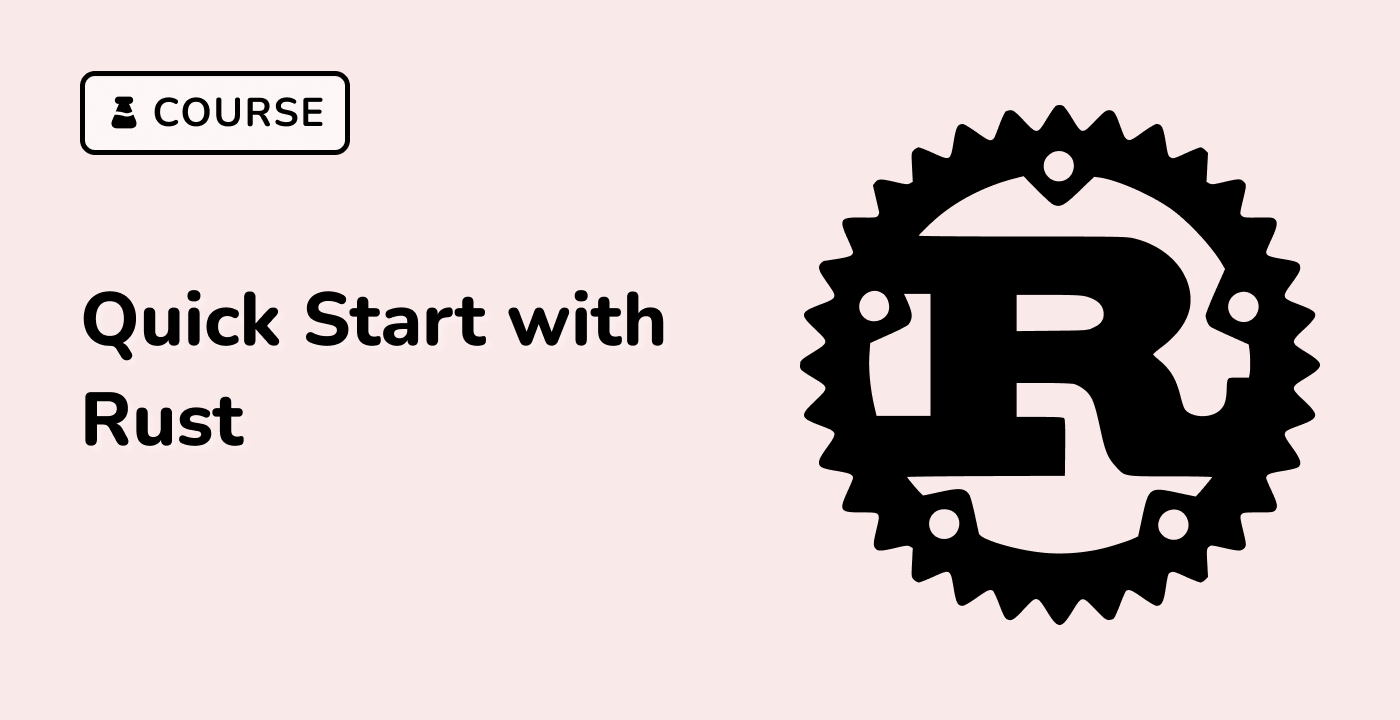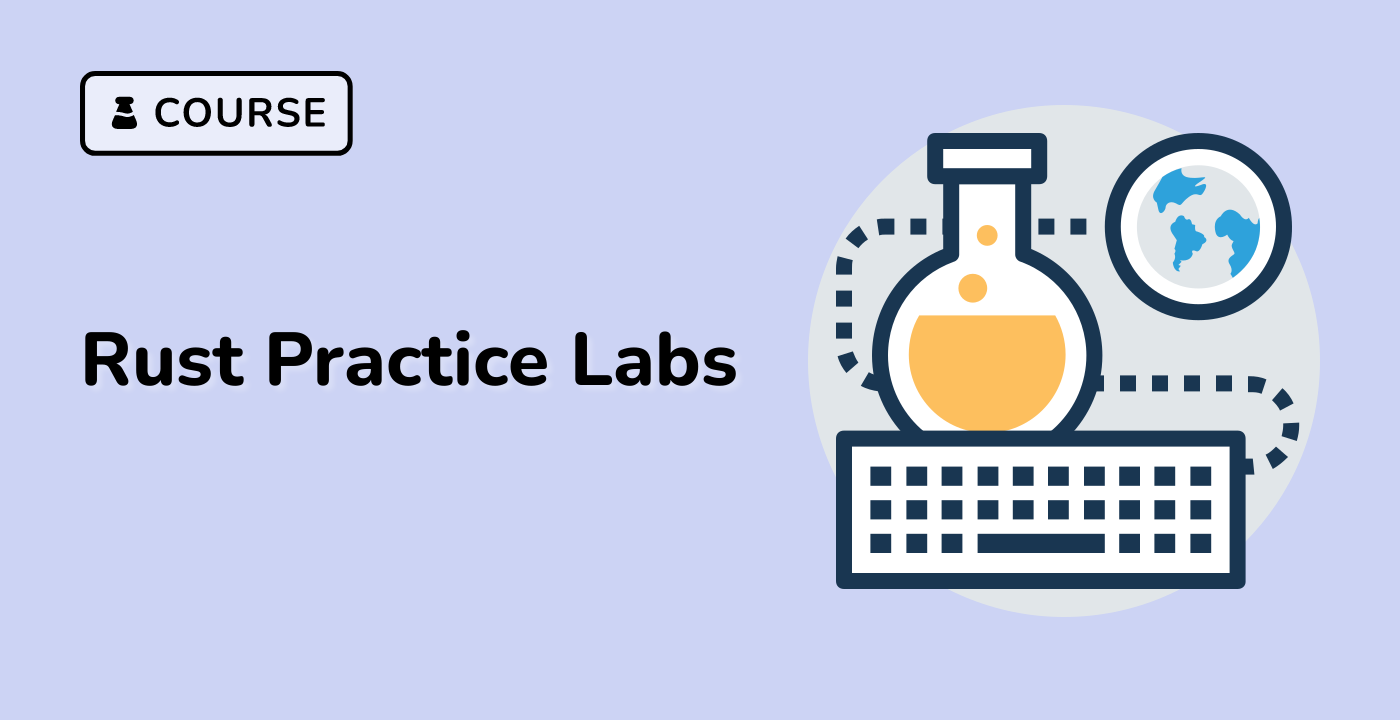The Problem
A trait that is generic over its container type has type specification requirements - users of the trait must specify all of its generic types.
In the example below, the Contains trait allows the use of the generic types A and B. The trait is then implemented for the Container type, specifying i32 for A and B so that it can be used with fn difference().
Because Contains is generic, we are forced to explicitly state all of the generic types for fn difference(). In practice, we want a way to express that A and B are determined by the input C. As you will see in the next section, associated types provide exactly that capability.
struct Container(i32, i32);
// A trait which checks if 2 items are stored inside of container.
// Also retrieves first or last value.
trait Contains<A, B> {
fn contains(&self, _: &A, _: &B) -> bool; // Explicitly requires `A` and `B`.
fn first(&self) -> i32; // Doesn't explicitly require `A` or `B`.
fn last(&self) -> i32; // Doesn't explicitly require `A` or `B`.
}
impl Contains<i32, i32> for Container {
// True if the numbers stored are equal.
fn contains(&self, number_1: &i32, number_2: &i32) -> bool {
(&self.0 == number_1) && (&self.1 == number_2)
}
// Grab the first number.
fn first(&self) -> i32 { self.0 }
// Grab the last number.
fn last(&self) -> i32 { self.1 }
}
// `C` contains `A` and `B`. In light of that, having to express `A` and
// `B` again is a nuisance.
fn difference<A, B, C>(container: &C) -> i32 where
C: Contains<A, B> {
container.last() - container.first()
}
fn main() {
let number_1 = 3;
let number_2 = 10;
let container = Container(number_1, number_2);
println!("Does container contain {} and {}: {}",
&number_1, &number_2,
container.contains(&number_1, &number_2));
println!("First number: {}", container.first());
println!("Last number: {}", container.last());
println!("The difference is: {}", difference(&container));
}



